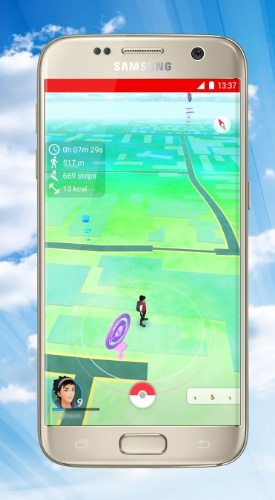Keysight Technologies has given some insight into how it will carry out its commitment to the new White House initiative on “5G” development, which will include both its hardware and software as well as participation of its technology experts.
The Platforms for Advanced Wireless Research Initiative is part of the overall Advanced Wireless Research Initiative led by the National Science Foundation. PAWR is an industry consortium that plans to create four “city-scale testing platforms” for 5G technologies, and Keysight is a member of the PAWR board.
“5G and the ‘internet of things’ are still moving targets, and our solutions will enable researchers to achieve deeper insights as the standard evolves,” said Dr. Mark Pierpoint, VP and GM for Keysight’s Internet Infrastructure Solutions Group and the company’s representative to the PAWR board, in a statement.
Keysight said that its in-kind contributions to the $400 million 5G initiative will include consulting and testing assistance from its technology experts as well as equipment and software. It specifically referenced its SystemVue baseband exploration library for 5G for research physical layer alternatives for air interfaces, as well as its testing solutions for 5G channel sounding, waveform generation and analysis, massive multiple-input and multiple-output and beamforming. Keysight is one of nearly two dozen companies and industry organizations contributing to the public-private partnership to advance 5G.
Meanwhile, Keysight also has joined the Next Generation Mobile Network Alliance, which recently outlined plans to focus on 5G testing and architectures to support carriers in their network evolution.
In other test news this week:
– Consulting and engineering company P3 has launched a new app that capitalizes on the Pokemon Go craze and P3’s app-based measurement capabilities: PokeFit, a free Android app which turns Pokemon Go into a trackable workout.

P3 launched its UGet app earlier this year that allows mobile device users to track the quality of their cellular and Wi-Fi network experience, while also allowing P3 to study their anonymized data. The new PokeFit app lets users monitor their data usage and device battery drain while using Pokemon Go, while adding fitness features including mapping the user’s route as they hunt Pokemon, walking distance, step count, duration and calories burned. The app functions as a small, semitransparent overlay box within Pokemon Go to display the fitness stats and starts automatically.
P3 analyzed data from Pokemon Go shortly after its launch and found that the average player uses between 5 and 10 megabytes of data per house, a rate that the company said has stayed consistent over the last two weeks – but as many users quickly realized, it’s a huge drain on battery life. P3 said that the game drains nearly 30% of an Android phone’s battery in an hour.
On average, the app is played in three-minute sessions for about 13 minutes a day, P3 added – and its data shows that Pokemon Go players are walking almost five kilometers a day.
– Anite signed an agreement with the Bangladesh Telecommunication Regulatory Commission to provide its Nemo test equipment for quality of service measurements and analytics.
– Electro Rent is now a North American reseller and rental partner for test equipment company IMST, which includes its Empire XPU software for three-dimensional electromagnetic field simulators for radio frequency and microwave engineers.
Electro Rent is in the process of being acquired by private equity company Platinum Equity, a move that has drawn a number of inquiries by and a lawsuit from shareholder litigation firms.
– Spirent Communications’ work in accurate positioning and navigation technologies has been recognized with a technical achievement award from the Royal Institute of Navigation. Spirent’s Positioning Technology Unit received the honor for its role in the evolution of global navigation satellite systems.
Spirent was also honored this week by consulting agency Bluewolf, part of IBM, for customer innovation in implementing a new mobile customer relationship management solution for its sales force.
– GL Communications has added application programming interface options for customization of its protocol simulation and conformance testing tools.
– Procera Networks has been touting its recent success in new customer wins, five in all in recent months. Although it hasn’t named names, the network intelligence company said it won a multimillion-dollar contract with a South American cable operator for analytics and traffic management. This follows an announcement earlier this month that Procera had landed an Asia-Pacific customer for policy enforcement and analytics to ensure quality of streaming video traffic, and a customer win in June with an EMEA telco operator.

